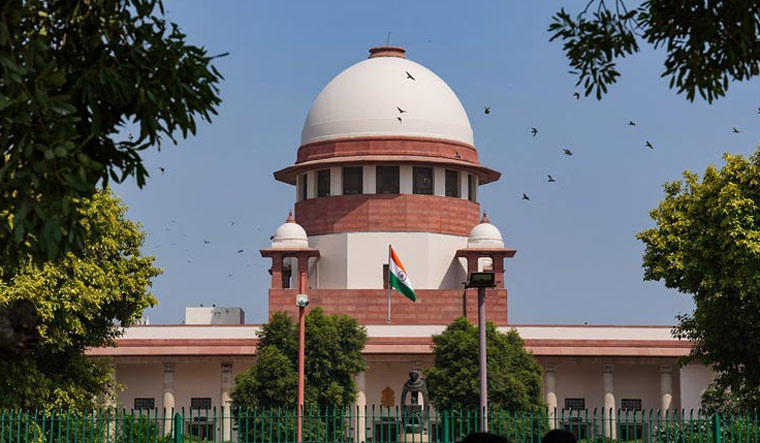The Supreme Court on Friday stayed the Allahabad High Court's judgment striking down the 'Uttar Pradesh Board of Madarsa Education Act 2004' as unconstitutional.
A bench comprising Chief Justice of India D.Y. Chandracuhd, Justice J.B. Pardiwala and Manoj Misra observed that the High Court prima facie erred in understanding the provisions of the Act, which are regulatory in nature.
"We are of the view that the issues raised in the petitions merit closer reflection. We are inclined to issue notice," the SC bench observed. SC has also issued notices to the UP and central governments and the Madrasa board while hearing the petitions filed against the HC order.
The SC's latest involvement is viewed as a big relief to around 16,000 madrasas in the UP state as it can continue functioning under the 2004 law. Around 17 lakh students and 10,000 teachers were affected by the HC order.
"In striking down the Act, the High Court prima facie misconstrued the provisions of the Act. The Act does not provide for any religious instruction. The object and purpose of the Statute is regulatory in character," the bench observed.
The finding of the HC that the very establishment of the Board would violate secularism appears to conflate madarsa education with the regulatory powers of the Board, the Court observed.
If the concern was to ensure that the students of madarsas receive quality education, the remedy would not lie in striking down the Madarsa Act but in issuing suitable directions to ensure that the students are not deprived of quality education, reported Live Law.
The petitions were filed by Managers Association Madaris Arabiya(UP), All India Teachers Association Madaris Arabiya (New Delhi), Manager Association Arbi Madarsa Nai Bazar and Teachers Association Madaris Arabiya Kanpur.
The SC posted the petitions for final disposal in July.
The petitions were filed by Managers Association Madaris Arabiya(UP), All India Teachers Association Madaris Arabiya (New Delhi), Manager Association Arbi Madarsa Nai Bazar and Teachers Association Madaris Arabiya Kanpur.
The SC posted the petitions for final disposal in July.
Senior Advocate Abhishek Manu Singhi, appearing for the Managers Association Madaris, submitted in his petition that it would be difficult to adjust 17 lakh students to the State education system abruptly. The madrasa regime was a status quo that existed for 120 years and is now disrupted suddenly, added Singhi while terming the reasoning of the HC order “astonishing”.
Attorney General for India R. Venkataramani, representing the Union of India, submitted in the court that he supported the HC judgment. AG stated that the HC order did not have the impact of paralysing the madrasas and the only consequence was that there wouldn't be any State aid for them.


